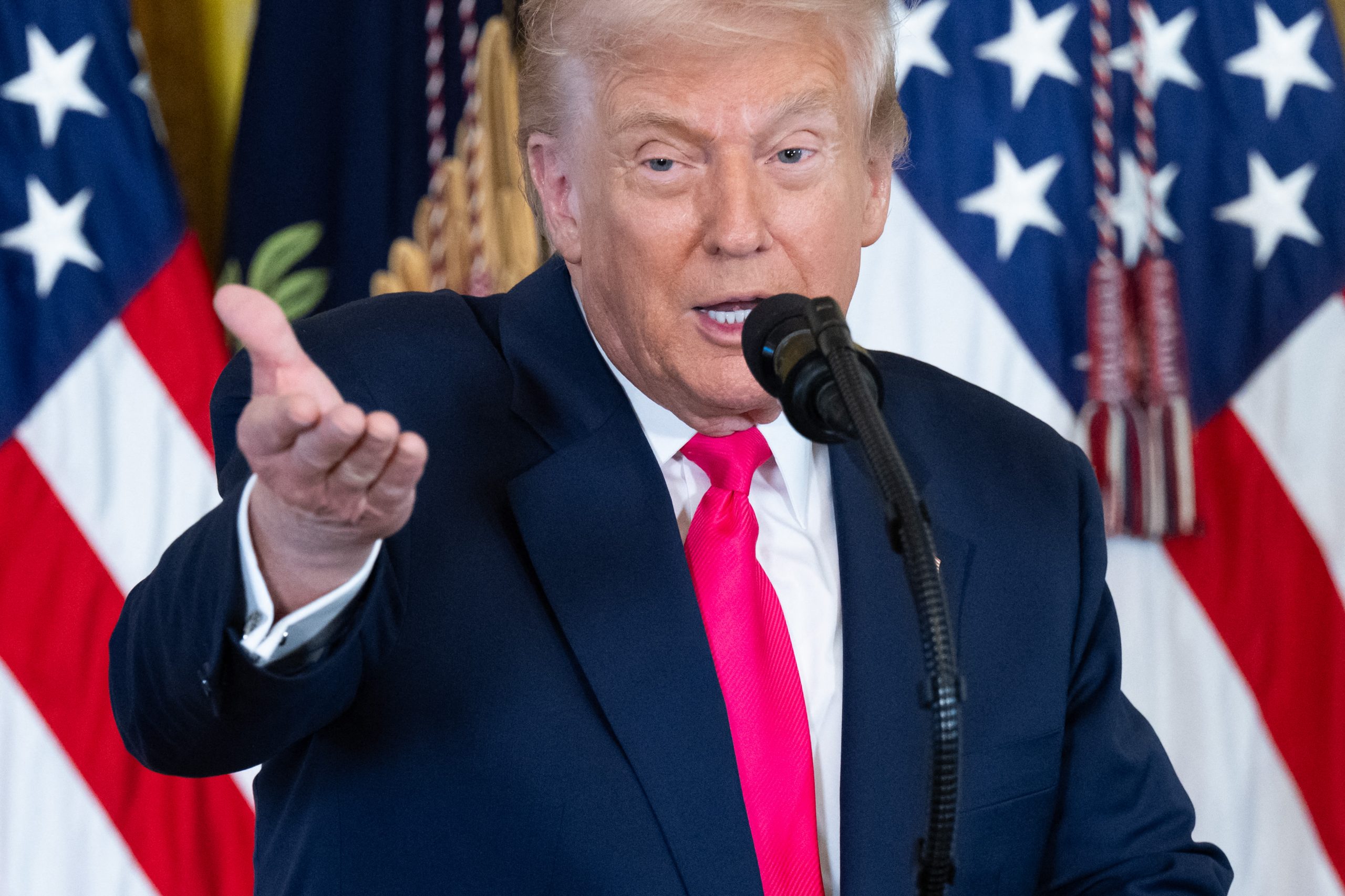In the wake of the D.C. shooting which killed West Virginia National Guard Specialist Sarah Beckstrom, 20, and left her colleague, Staff Sgt. Andrew Wolfe, 24, fighting for his life, the Trump Administration has doubled down on its immigration crackdown.
The lone suspect in the shooting has been identified as Rahmanullah Lakanwal, 29, an Afghan national who traveled to the U.S. in 2021 under “Operation Allies Welcome.” Lakanwal worked for various U.S. government agencies in Afghanistan, including a CIA-backed unit in Kandahar, a stronghold of the Taliban, and qualified for the resettlement program. Although a motive has yet to be established, the incident has swiftly become a touchstone in the debate surrounding immigration-related policies, with President Donald Trump and his Administration announcing a series of new security measures—some of which have been labelled as “unjust” by those who view them as collective punishments.
[time-brightcove not-tgx=”true”]
U.S. Citizenship and Immigration Services (USCIS) director Joe Edlow announced on Thursday, that under the direction of Trump, he has “directed a full scale, rigorous reexamination of every green card for every alien from every country of concern.”
In a follow-up post shared via social media, he echoed commentary from Trump and criticized the Biden Administration’s handling of immigration matters.
“The protection of this country and of the American people remains paramount, and the American people will not bear the cost of the prior Administration’s reckless resettlement policies. American safety is non-negotiable,” said Edlow.
The posts did not specify which countries “of concern” would be targeted for the green card reexamination process. However, USCIS confirmed, in an email to TIME that the countries in question are the 19 countries initially listed in a June presidential proclamation titled “Restricting the Entry of Foreign Nationals to Protect the United States from Foreign Terrorists and Other National Security and Public Safety Threats.”
In that proclamation, Trump announced his intention to “fully restrict and limit the entry of nationals” from these 12 countries:
Afghanistan
Burma
Chad
Republic of the Congo
Equatorial Guinea
Eritrea
Haiti
Iran
Libya
Somalia
Sudan
Yemen
Trump also sought to “partially restrict and limit the entry of nationals” from an additional seven countries:
Burundi
Cuba
Laos
Sierra Leone
Togo
Turkmenistan
Venezuela
The proclamation noted that all of these restrictions “distinguish between, but apply to both, the entry of immigrants and nonimmigrants.”
USCIS expanded on its elevated security measures in a press release, citing the new guidance allows for “negative, country-specific factors to be considered when vetting” people from the 19 countries listed above. An example offered regarding the specific factors was “a country’s ability to issue secure identity documents.”
The guidance came into effect immediately and “applies to requests pending or filed on or after” Nov. 27.
Prior to this announcement, on Wednesday night, USCIS announced that all immigration processing for Afghan nationals had been indefinitely paused.
“Effective immediately, processing of all immigration requests relating to Afghan nationals is stopped indefinitely pending further review of security and vetting protocols,” read a statement posted to social media. “The protection and safety of our homeland and of the American people remains our singular focus and mission.”
Trump’s anti-immigration stance played a pivotal part of the Thanksgiving message he delivered on Thursday night, during which he said he “will permanently pause migration from all third world countries to allow the U.S. system to fully recover.”
The Trump Administration’s decision to ramp up its immigration crackdown in the wake of the D.C. shooting has sparked fears and concern among immigration communities and organizations.
Shawn VanDiver, the founder of #AfghanEvac, a nonprofit that aims to “bring together organizations with a shared commitment to fulfilling the United States’ duty to at-risk Afghans,” has urged against what he views as collective punishment.
“This man [the suspect] alone is responsible for his crime. His actions do not represent the Afghan community or Afghan wartime allies or anyone who stood with us for 20 years,” VanDiver said during an appearance on MS NOW News, adding that “every community has people [lone wolves] that mean to do harm.”
Richard Bennett, the United Nations’ Special Rapporteur on Afghanistan, has echoed VanDiver’s concerns, arguing that Afghan nationals and others born outside of the U.S. should not be penalized as a collective.
“The perpetrator should face accountability, but the entire Afghan community must not be punished due to the actions of one individual,” said Bennett, adding that such actions would be “terribly unjust.”

